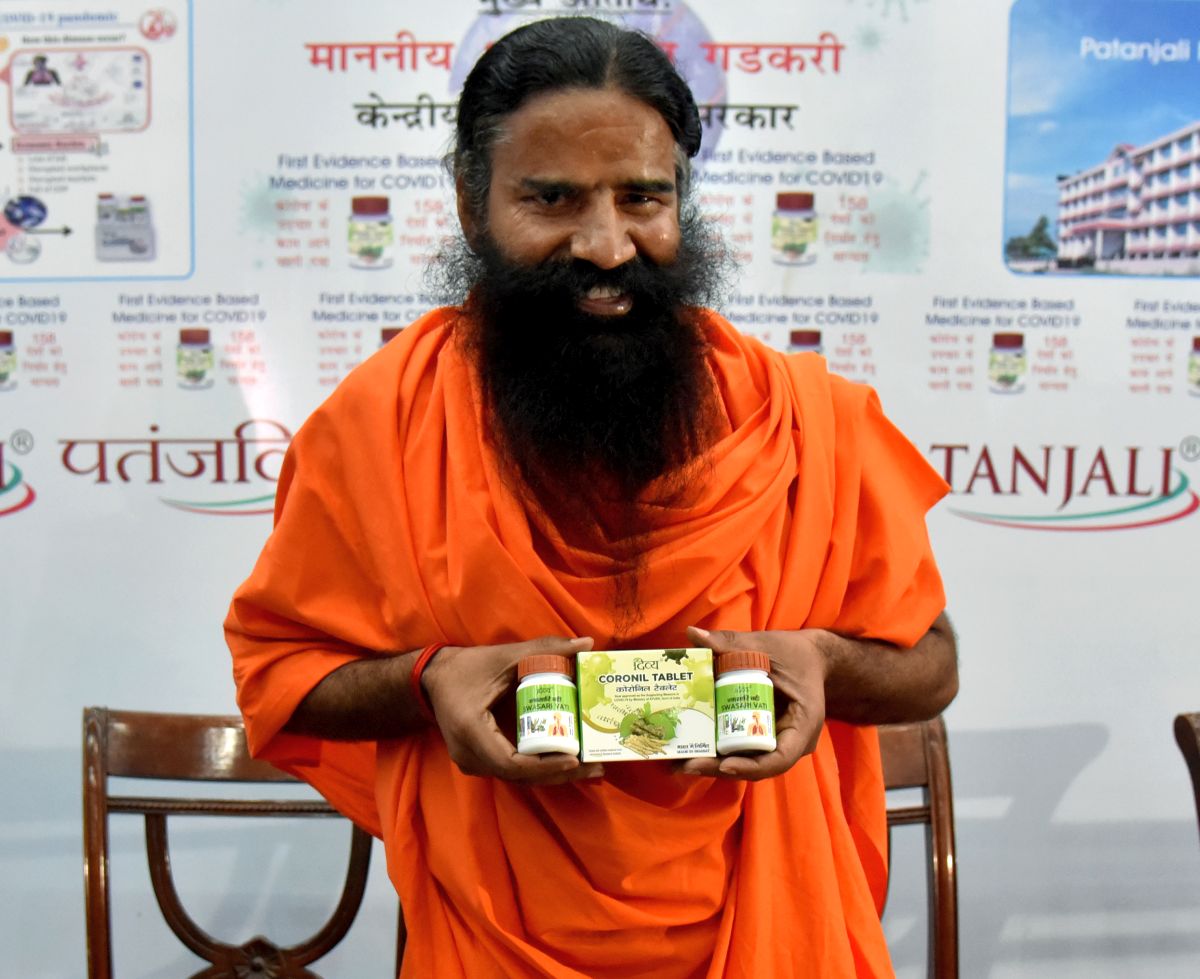
Following a complaint by a doctor from Kerala that a pharmacy promoted its products, claiming to cure diabetes, heart, and liver diseases, the advertisements have been pulled.
The Kozhikode Divya Pharmacy, which is attached to Patanjali Ayurved, has stated that it has withdrawn advertisements for certain Ayurvedic products.
This was after the Union AYUSH Ministry and the AYUSH Department of the Uttarakhand government made it clear that violation of the Act would invite action.
An authorized representative of Divya Pharmacy said in a letter to the Licensing Officer, Ayurvedic and Unani Services, Uttarakhand, that they had received official notices alleging that the ads are “objectionable and misleading” under the provisions of the Act and Rule 170 of Drugs and Cosmetics Act, 1940.
The medicines were Divya Lipidom Tablet, Divya Livogrit Tablet, Divya Livamrit Advance Tablet, Divya Madhunashini Vati, and Divya Madhunshini Tablet. “… taking note of your captioned notice(s), the undersigned has immediately stopped publication of the impugned advertisements,” the letter from Divya Pharmacy, dated May 7, said.
The ministry had also said that it found the ads to be “objectionable and misleading” under provisions of the Drugs and Magic Remedies (Objectionable Advertisements) Act, 1954.
“The undersigned has immediately stopped publication of the impugned advertisements,” an authorized representative of Divya Pharmacy, a unit of Divya Yog Mandir Trust, said in a letter to the Licensing Officer, Ayurvedic and Unani Services in Uttarakhand.
Complaint Report
Dr. KV Babu, a Kannur-based ophthalmologist, had complained about three advertisements published by Patanjali Ayurved. On March 1, KV Babu filed a Right to Information (RTI) application seeking to know the status of his complaint, to which he got a response on April 19 which had advised action against the advertisements.
“Drugs claiming to cure certain diseases cannot be advertised. These advertisements appeared in February. So I sent a complaint on February 24 to VG Somani, Drugs Controller General of India, opposing one of the advertisements that claimed the product would cure heart problems and blood pressure by reducing cholesterol in a week,” KV Babu had said in his complaint. The complaint was later forwarded to the AYUSH Ministry.
What was the ad?
The ayush ministry’s National Pharmacovigilance Centre too had independently noticed advertisements of other Patanjali products and issued similar directives to Karnataka and Rajasthan authorities.
Patanjali had advertised Livogrit and Livamrit as “evidence-based medicines” for “instant benefit in problems related to fatty liver, liver cirrhosis, and the digestive system”.
The Drug and Magic Remedies Act also prohibits advertisements for the treatment of liver disorders.
A portal maintained by the Union department of consumer affairs to document grievances against misleading advertisements registered 1,416 such ads of ayush products and services between April 2014 and July 2021, the ayush ministry told Parliament earlier this year.
“People may purchase certain products after viewing misleading ads for them — and they may never know that they were misleading,” Babu said.
Between 2017 and 2019, the Advertising Standards Council of India had under a memorandum of understanding with the ayush ministry reported 1,229 misleading advertisements of ayush products, the ministry said.
A network of pharmacovigilance centers set up for ayush drugs across the country is mandated to monitor misleading advertisements and report them to state authorities.












